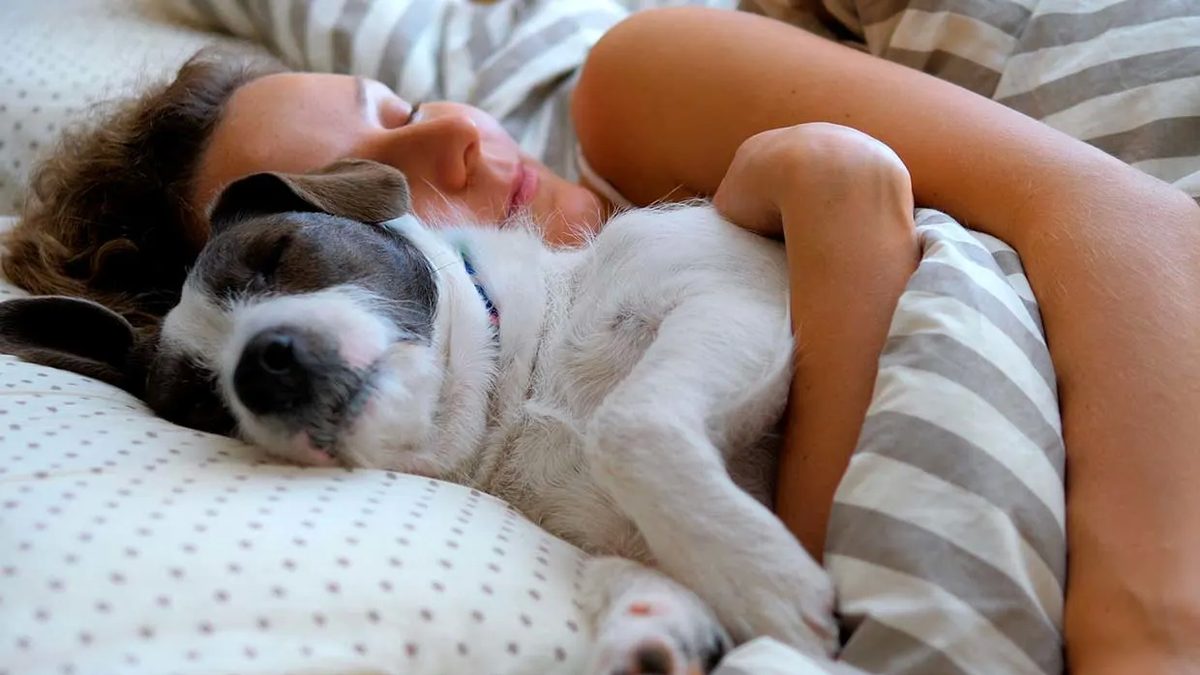The love for our pets makes us humanize them more and more and Latin America is one of the regions that today leads this trend in the world.
In recent years, a profound change has been observed in the role of pets. From sleeping outdoors and eating leftovers, we began to add them to our daily routine as another member of the family. Special beds, scratching posts, balanced food, clothes and even strollers to go for a walk.
The content you want to access is exclusive to subscribers.
Western countries are the ones with the highest pet “humanization” rates, where the American continent, led by the United States and followed by Latin America, are the regions that present the highest consideration, according to a survey carried out by the consulting firm Euromonitor.


Faced with this panorama, from CAENA they maintain that the new role that pets have today is a much more emotional and companion one. In turn, this leads to the humanization of dogs and cats becoming an increasingly common practice.
From an emotional point of view, psychologist Alejandra Oliveto, MN 19484 expressed, “having a pet in the home enriches people’s emotional lives. Pets offer the possibility of developing emotional and social skills, since they are a source of love and emotional support. Interaction with animals favors the reduction of stress by contributing to lowering cortisol levels and increasing oxytocin (hormones linked to stress)” and I continue “humanizing is part of the need to give love and care. A little humanization is necessary when living with pets, it is part of feeling loved and accompanied. Excess is not good, we must respect the animal’s characteristics and needs. The challenge is to build a healthy relationship with our pets, where trust, respect, knowledge and loyalty prevail.”
Now, when humanization becomes exacerbated, what impact does it have on pets? From the College of Veterinarians of the Province of Buenos Aires they indicate that what causes the animal to be treated like a human is, in 90% of cases, a great state of anxiety, from fear, to phobia, panic, convulsive syndromes.
For his part, José Salgado, a veterinarian, comments that “giving human qualities to animals is part of a cultural change that began to be observed with millennials,” and explains that although people carry out these actions out of the affection they feel, by your pets, can negatively impact them. “For example, the behavior of dogs can be altered by experiencing socialization problems, stress, attachment anxiety, or even causing overweight,” the specialist explained and highlighted that “it is essential that dogs can have contact with other conspecifics so that they can have a more active and full life.”
“Given this situation, we choose Animal Day to celebrate its week and take advantage of the opportunity to highlight the importance of responsible ownership. This not only involves giving love to our pets, but also understanding that they have different needs than people,” he expressed. Francisco Schang, executive director of CAENA. “In addition, during this week from April 29 to May 3, people will be able to access different promotions for the purchase of balanced food and information to encourage correct nutrition,” commented the executive.
Given this trend of humanization, CAENA makes a series of general recommendations:
- Stimulate pets to keep them happy through games, exercises, interaction with others.
- Encourage the instinct to search for food by changing the location of the food.
- Establish and maintain a routine to lower stress levels. This includes scheduled eating and walking times and/or play times and routine sleep patterns.
- Be patient, calm and constant when teaching your pet the rules of the house.
- Consult your veterinarian to organize an appropriate management plan to improve this situation.
“It is important to recognize that stress in pets is very common and that is why it is key that we can detect those attitudes that, although they are born from the love we have for our pet, may be affecting their behavior or health, and correct them” concluded the executive.
Source: Ambito
I am an author and journalist who has worked in the entertainment industry for over a decade. I currently work as a news editor at a major news website, and my focus is on covering the latest trends in entertainment. I also write occasional pieces for other outlets, and have authored two books about the entertainment industry.




